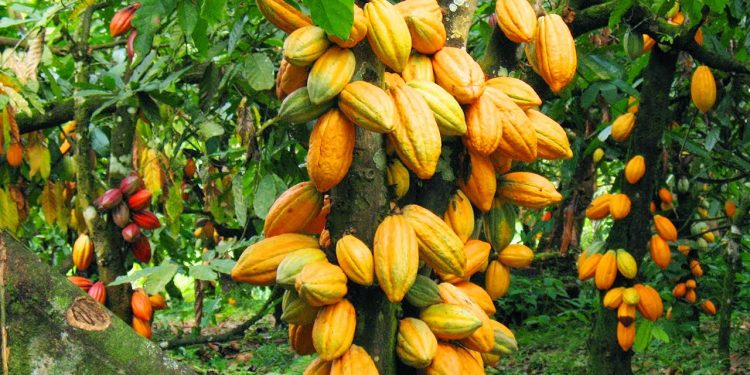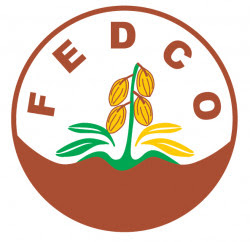Nigeria’s cocoa industry is gearing up for transformative growth as stakeholders across government, industry, and farming sectors rally to bolster sustainable practices and meet global standards. This collaboration was emphasized at the recent 3rd National Cocoa Festival, held in Calabar, where over 300 participants gathered to discuss the way forward for one of Africa’s largest cocoa producers.
Led by the Cocoa Farmers Association of Nigeria (CFAN) and the Cocoa Roundtable Initiative (CORI), the festival underscored the need for compliance with the European Union Deforestation Regulation (EUDR) to maintain access to global markets. Themed “Calabar 2024 on EUDR Compliance, Cocoa Value Addition, and Youth Entrepreneurship,” the event spotlighted solutions for local processing, sustainable agriculture, and increased youth involvement.
“Our commitment is to build a sustainable, youth-inclusive cocoa industry,” noted a communiqué from the event, which proposed actionable steps for strengthening Nigeria’s cocoa value chain. According to Mr. Kazeem Sanni of the Rainforest Alliance, a top priority is creating updated forest cover and land use maps in cocoa-growing areas to align with the EUDR and ensure a traceable supply chain.
To make cocoa farming more attractive for younger generations, the communiqué called for greater involvement from both youth and the private sector. Proposed initiatives include expanding local processing capabilities, launching a national cocoa policy, and establishing a national awareness campaign to inform stakeholders about regulatory compliance. The sector’s leaders also pledged to eliminate harmful, adulterated agrochemicals that threaten crop quality and sustainability.
Further recommendations from the festival focused on sustainable farming, crop diversification, and agrochemical safety training for farmers, emphasizing the role of technology and data in achieving transparency. For Nigeria to strengthen its position in the global cocoa market, the sector must meet stringent environmental and production standards.
With strategic support from government agencies, these steps are set to enhance the cocoa industry’s resilience, increase domestic value addition, and secure a competitive edge internationally. By setting clear goals for policy reform, infrastructure investment, and regulatory improvements, the Calabar 2024 festival has laid the foundation for a robust, globally competitive Nigerian cocoa industry poised for long-term growth and economic impact.
As Nigeria pushes forward with these initiatives, the roadmap set at the festival signals a bright future for cocoa farmers and the broader economy, positioning the industry to meet the demands of a dynamic global marketplace.










